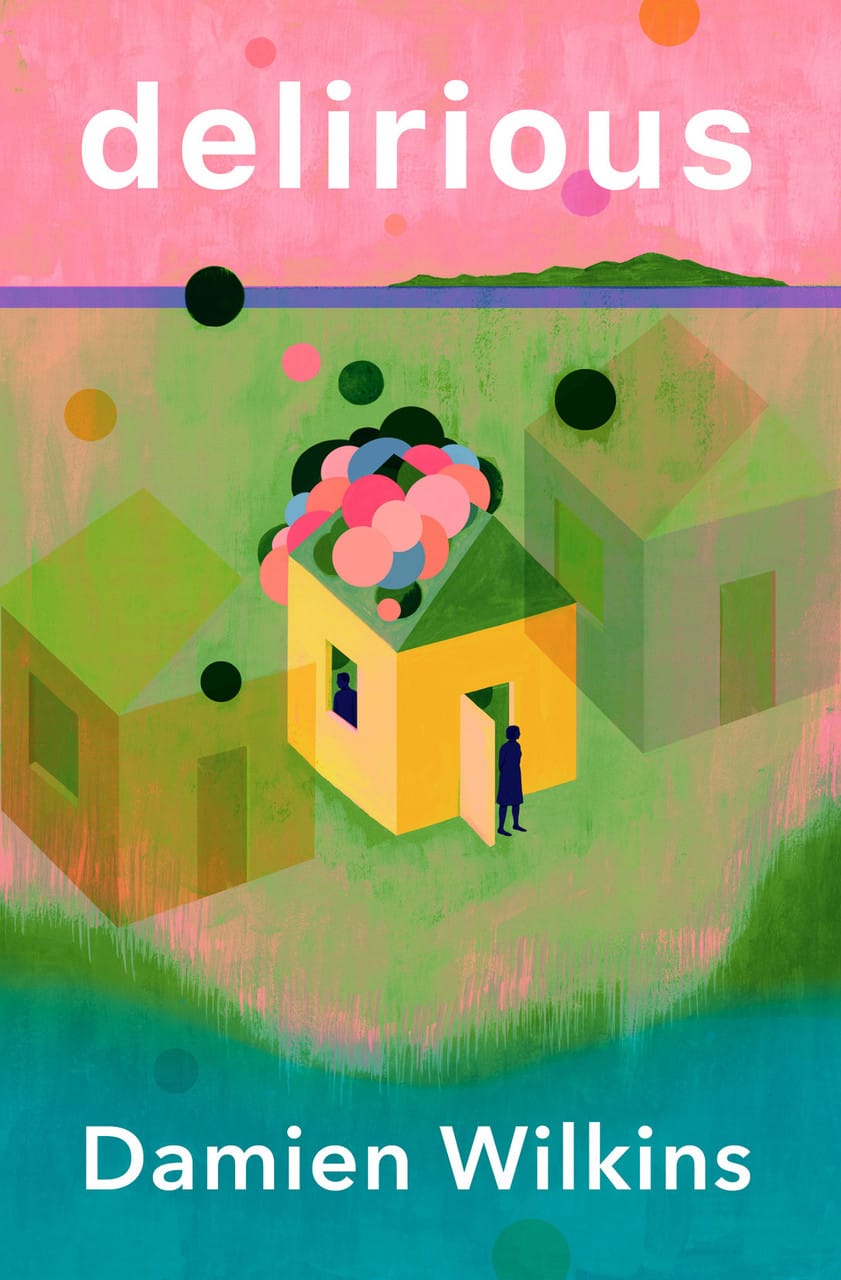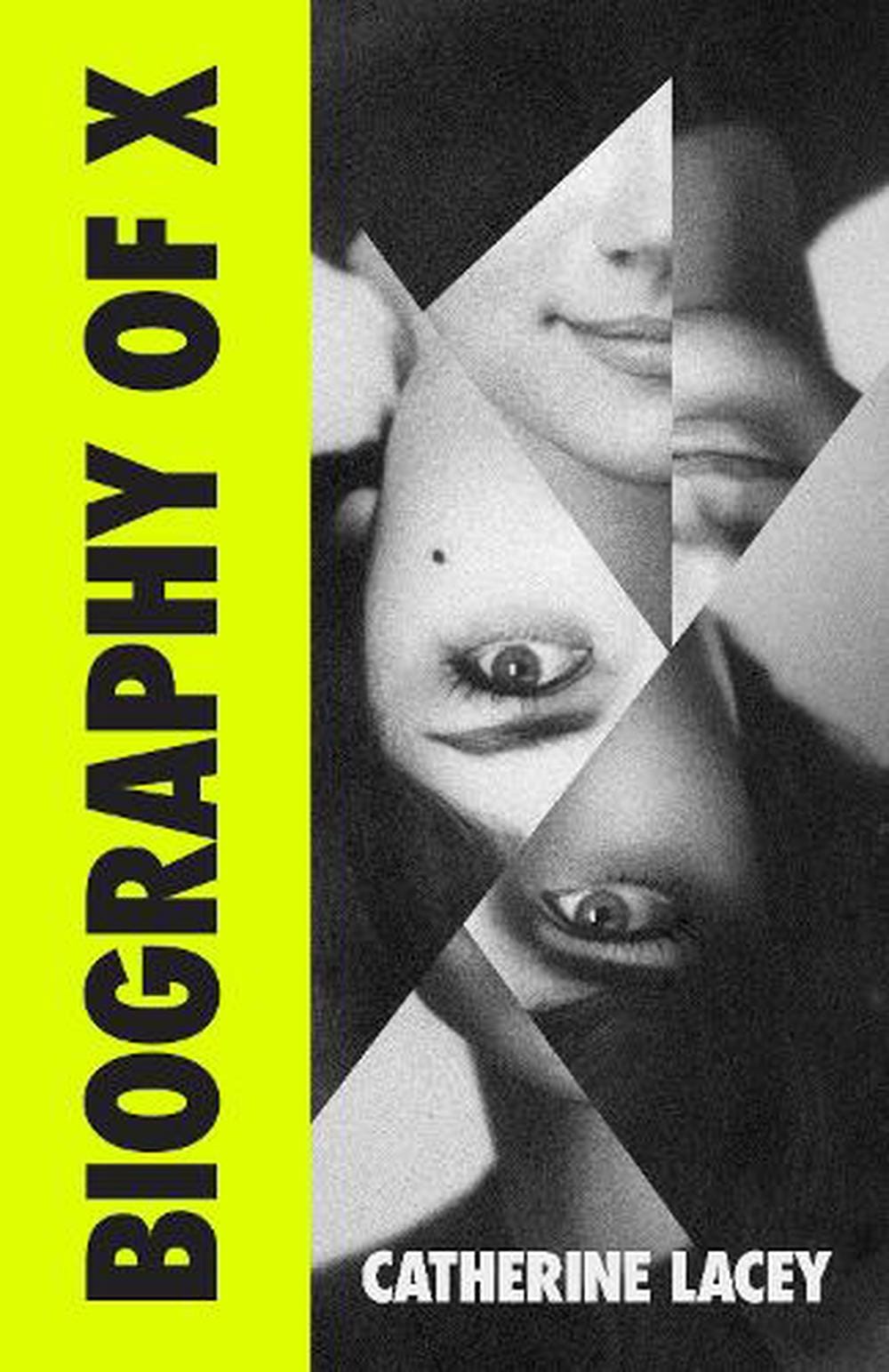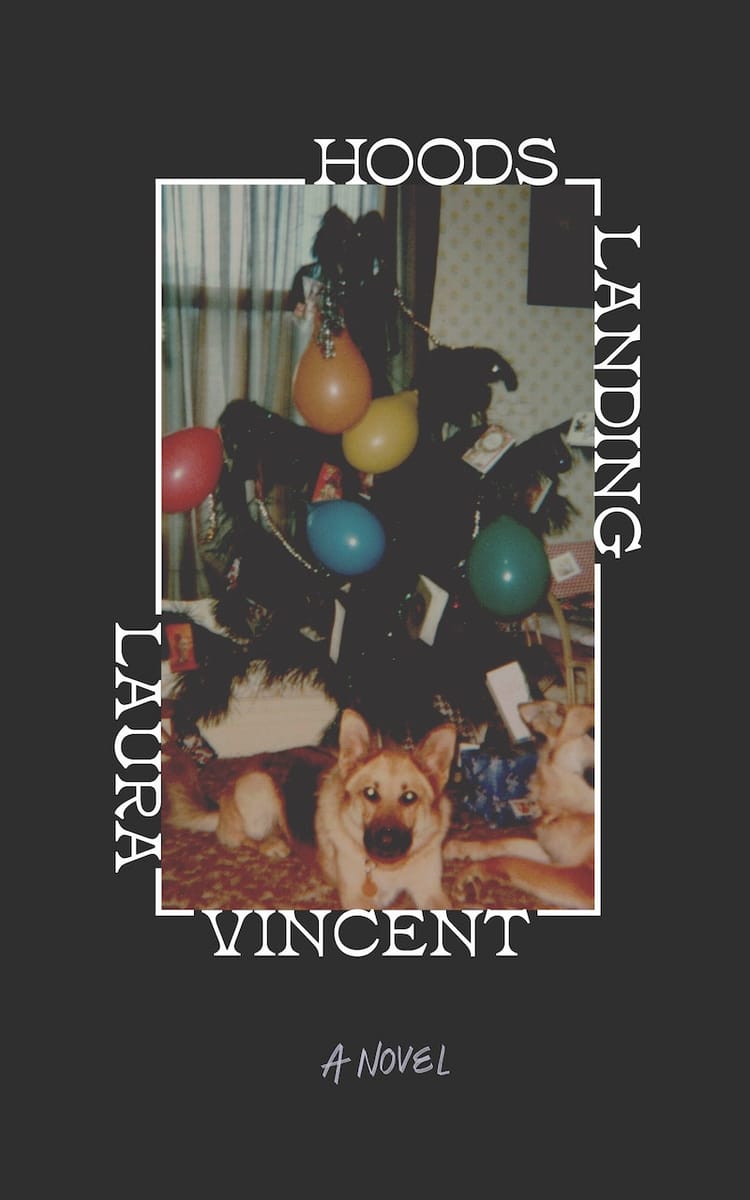Critical Corner: Delirious by Damien Wilkins

It is almost cruel that one of the first short stories that a New Zealand student might get introduced to through the education system is Janet Frame’s “The Bath”. We’re lucky to get exposed to one of New Zealand greatest writer’s greatest stories at such a young age, but how many generations of children have the image of being stuck in the bath as their primary reference point for being old? It took me years to get back in the bath after reading that story.
The real cruelty comes from the fact that it might turn the young off stories about ageing. Again, not to speak for others, but it definitely turned me off. Images of being stuck in the bath were joined by the domestic imagery that often accompanies stories about dementia – keys and crockery in the freezer, cups of tea in the microwave – and it sent me running in the other direction. Yes, I know getting old is hard and terrible! I don’t need to read about it. (I have the same feeling about war. I am aware war is hell, and films about war only slightly less so.)
Delirious by Damien Wilkins is a novel that makes a great effort to shake off the terrifying images of women stuck in baths and men sitting alone in rest homes. It follows Mary and Pete, a couple in their late 70s who are on the cusp of selling their family home to move into a village. While they are definitely elderly, comfortably retired, they have full lives and full livers. They’re aware of the implications of moving into a village, the first step to moving into assisted living, but are determined that it is just that; one step, not the final one.
Wilkins, himself nearly two decades younger than his protagonists, captures their dilemma with delicacy and humour. Delirious is hardly a comedy, but it’s about two people who happen to have a sense of humour and wit. While he might stop to deliver a thundering revelation that resonates even with someone half the age of the subjects (“Did either of them sleep anymore, really? You entered the dark and took your chances, and precious little was concerned with rest.”), he makes sure to give both Mary and Pete actual character beyond just being of “an age”. Mary is terse, authoritative, and sharp. Pete is gentle, firm, and considerate.
Rather quickly, Wilkins reveals that Delirious is not just about a couple moving onto the next stage of their lives; a euphemism that somehow sounds much worse than the reality it is standing in for. Woven throughout the books are each of his protagonist’s histories on the lives they’ve led, and the people they’ve lost.
Mary, a former cop (not by her own choice), reflects on the loss of their young son and the physical decline of her older sister, while Pete, a former librarian, considers his mother’s last years with dementia. Delirious is not just about ageing, it is about the experiences that come with ageing. The more years you live, the more experiences you accumulate, the more weight you carry.

These passages of the book are the gut-punches. While it is their shared loss of their son that gives the narrative its forward momentum, as they consider and reconsider the choice they’ve made, Wilkins has both characters sit with the full weight of their pasts with crystal clear recollection. Pete reflects on his experience caring for his mother, whose dementia has triggered fantastical level of delusions:
“He could forgive her all of this. It wasn’t her fault. People were right of course.
But it was her.
Believing it wasn’t her allowed him to discount the person who carried her name and history. Even if she felt his neglect sharply, she would forget it, he thought. Nothing mattered.”
In a few quick sentences, Wilkins sums up decades of a mother-son relationship, and the frustration one must feel when they have to put it to the side, and take up the mantle of caring. Crucially, he never lingers on these moments of darkness or reflection. If he did, there runs the chance that Mary and Pete could Forrest Gump their way through history – she was a cop in the 80s, so you don’t have to connect too many dots to know what event she participated in – but he keeps these moments lightly touched on.
The flashbacks, such as they are, trigger like memories, not like departures from the present. This is fitting: While Mary and Pete have lived rich, full lives with a lot of love and a lot of loss, there’s still more living to get done with.
As the novel trundles along to its moving climax, where the couple is allowed to transfigure their loss into healing for another, it reveals itself not to really be a novel about ageing, but a novel about people who have lived a lot of life. That comes with the one universal experience in life: grief. (If universality sold novels, we’d probably have more grief novels than romance novels.)
As Delirious winds down – Wilkins’ novel is hardly a who-dun-it but more of a how-do-they – it leaves us with the gentle impression that grief is another part of life. It’s unavoidable, but the beauty of it? Life keeps going on after, until it doesn’t. Then it’s another person’s turn to grieve.
Delirious is available from Te Herenga Waka University Press now.

Other Things I’ve Consumed
- I’ve been playing a lot of AstroBot, the PS5 platformer that might be the best platformer I’ve played in a generation. I’ll have some more thoughts about it in the days to come!
- I read Catherine Lacey’s The Biography of X from last year. As voice notes between myself and one of my dearest friends will attest, I can’t stop thinking about it. A necessary read for any artist, any journalist, and anybody considering being friends with either group.
- Halsey’s Ego EP is better than it has any right to be.
Things I’m Reading
- Less reading, more writing: I interviewed Brough Johnson about Narrative Muse for Metro Magazine.
- More reading, less writing: Claire Mabey’s wonderful feature on the same company for The Spinoff.
- This amazing feature on Maggie Cheung for GQ, one of the best actors of all time, is a must-read.
Writing and reporting takes time, and if you want to support the amount of time it takes (and ensure that the scant amount of meaningful coverage of local art can continue), please considering supporting Dramatic Pause with a paid subscription ($8 p/m, $60 p/a) and if you can't afford a paid subscription, please share the work with your networks!





Member discussion